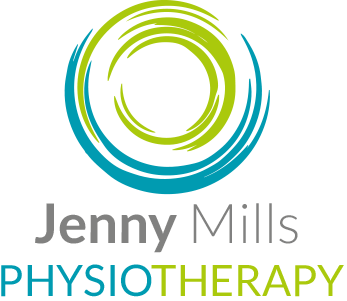Frozen shoulder
Also called adhesive capsulitis
There are 3 stages to this condition, early treatment can prevent the full blown “freezing” of the joint. The shoulder starts to get painful and stiff over time and can end in a very stiff and painful shoulder that disturbs your sleep. Assessment is essential to get the correct diagnosis as treatment is very different for the various shoulder conditions. This condition needs mobilising to stretch the joint capsule and prevent further “shrink wrapping” of the joint.
Frozen shoulder, also known as adhesive capsulitis, is a condition characterised by pain and stiffness in the shoulder joint. It usually develops gradually over time and progresses through stages. The exact cause of frozen shoulder is not always clear, but it often occurs when the shoulder capsule thickens and tightens, restricting the movement of the shoulder.
There are typically three stages of frozen shoulder:
Pain Stage: Persistent pain, especially with movement, is experienced in the shoulder. This stage can last several weeks to months.
Frozen Stage: Stiffness increases, and the range of motion in the shoulder becomes limited. Daily activities may become challenging. This stage can last from a few months to over a year.
Thawing Stage: The shoulder gradually improves, and range of motion begins to return. This stage can take several months to years.
Risk factors for developing frozen shoulder include age (more common in individuals over 40), gender (more common in women), and certain medical conditions such as diabetes or previous shoulder injuries.
Treatment for frozen shoulder may include:
Pain Relief: Over-the-counter pain relievers or prescription medications may be used to manage pain and inflammation.
Physiotherapy: Specific exercises can help improve range of motion and reduce stiffness.
Heat and Ice Application: Applying heat or ice to the shoulder may help alleviate pain and reduce inflammation.
Joint Distension: In some cases, a doctor may use distension, a procedure involving the injection of sterile water into the joint capsule to stretch it.
Joint Manipulation: Under anesthesia, a doctor may manipulate the arm to break up adhesions and improve range of motion.
Surgery: In severe cases that do not respond to other treatments, surgical intervention to release the joint capsule may be considered.
It's essential to consult with a healthcare professional if you experience persistent shoulder pain or stiffness, as early intervention can help manage symptoms and prevent further progression of the condition.
For bookings or information:
Please contact for any further help. Often just 1 or 2 sessions is all that is needed , no commitment to a long course of treatment.
Cost
Initial assessment with treatment £55 (allow 45 to 50 minutes)
Follow up session £50 (allow 30 minutes)
Sports massage £50 for 30 minutes
Yoga 1 to 1 or 2 tuition
£40 for 45 minutes

